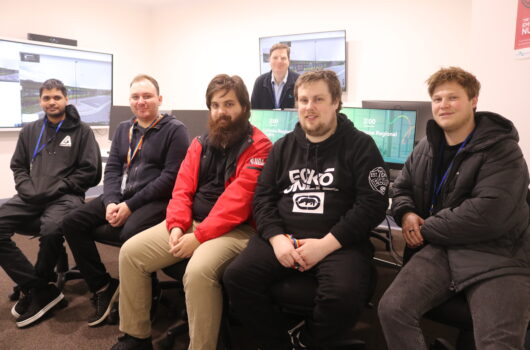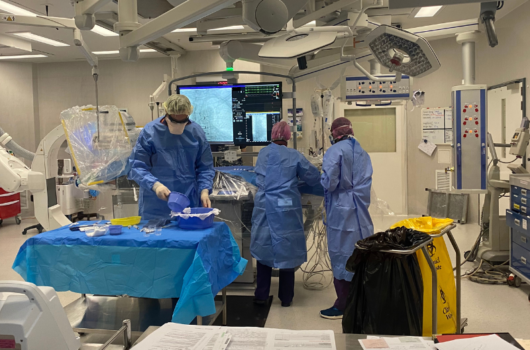Addressing intergenerational trauma

Latrobe Regional Health (LRH) is the first hospital in Victoria to roll out a pilot project to support First Nations parents who have experienced complex childhood trauma.
Healing the Past by Nurturing the Future is an Aboriginal-led community-based project aiming to reduce trauma-related distress for First Nations families at the time of having a baby.
It is seeking to fill a critical gap in the lack of systems in place to support parents who may be experiencing complex trauma, often stemmed from the ongoing effects of colonisation.
This month, training is being rolled out to LRH senior management teams, clinical and non-clinical staff, covering issues such as such as using culturally safe language.
The new LRH expansion is also providing the opportunity to include culturally appropriate birthing suites and family rooms, encouraging more Indigenous families into the hospital.
The project was co-designed over four years in collaboration with the University of Melbourne, the Victorian Aboriginal Child Care Agency and LRH.
The need to address these issues was identified in Commonwealth Closing the Gap targets and the Victorian Yoorook Justice Commission.
University of Melbourne Director of Aboriginal and Torres Strait Islander Wellbeing Professor Catherine Chamberlain said having a baby was a critical time for new parents.
Dr Chamberlain said childbirth presented an ideal opportunity to help heal from childhood hurts and intergenerational trauma.
“A lot of this trauma is a result of colonisation, particularly from the forced removal of children from families and practices designed to fracture communities,” Dr Chamberlain said.
“This has been incredibly damaging for communities and relationships, and at the same time all the knowledge underpinning these communities has been suppressed or destroyed.
“This won’t go away until we heal the past and there is a lot of evidence in the ongoing effects of this, we are seeing this most in the number of children in out-of-home care.”
LRH Chief Executive Don McRae said there were about 50 Aboriginal mothers delivering babies at LRH each year.
But Mr McRae said some mums felt alienated coming into a mainstream health organisation, fearing they would be targeted or scared they would have their child removed.
“If we have culturally safe measures, then more people will want to come here to have their babies and we will have better health outcomes for families,” he said.
LRH General Manager of Research and Partnerships Dr Jhodie Duncan said feedback and ongoing evaluation would be used throughout the project to allow for improvements to care.
Dr Duncan said once developed, this project could be rolled out to other hospitals and staff training could be used to benefit other demographics experiencing intergenerational trauma.
“This is a great opportunity for us as an organisation to listen to, and respond to, the voice of our local community by providing them a safe environment,” she said.






